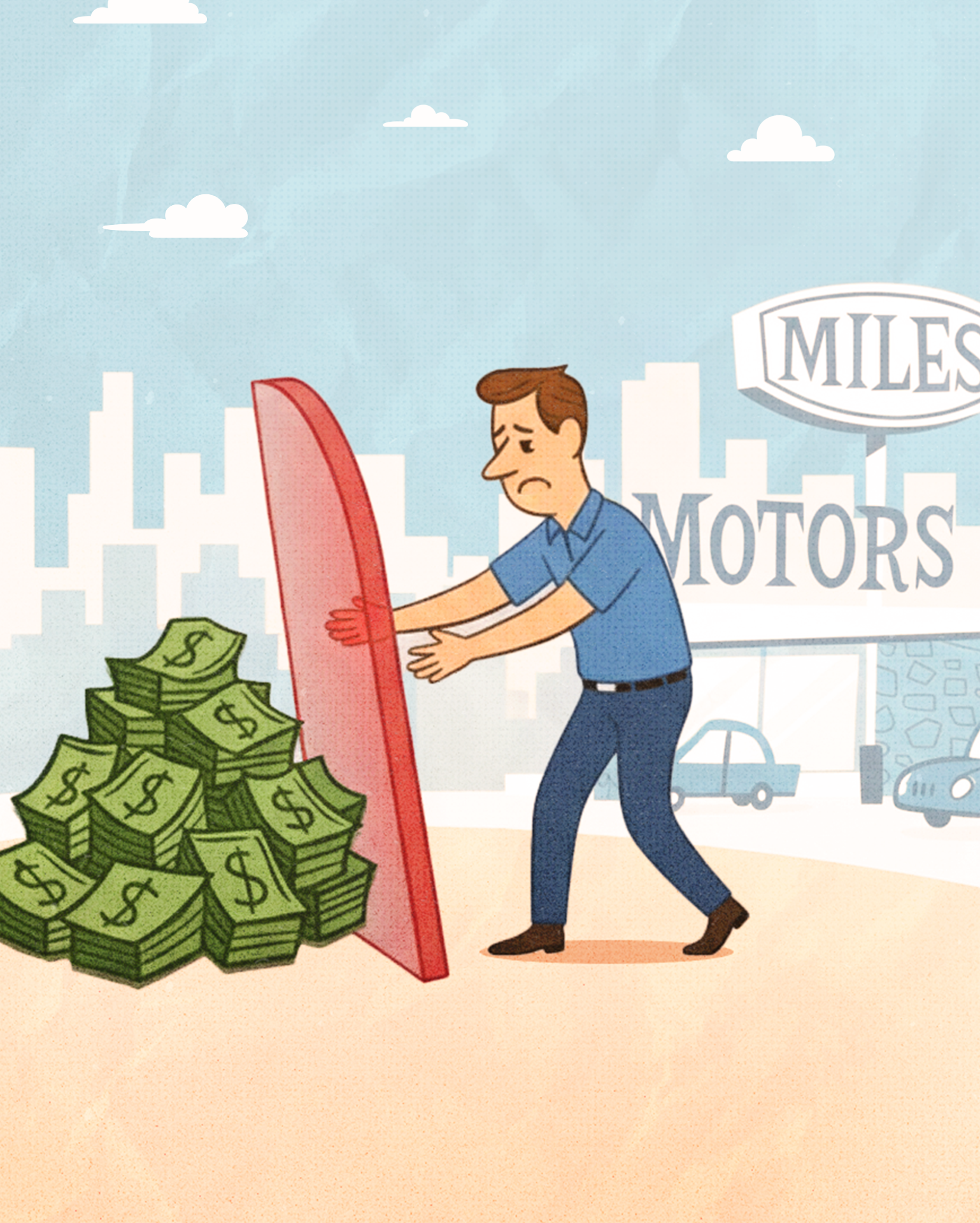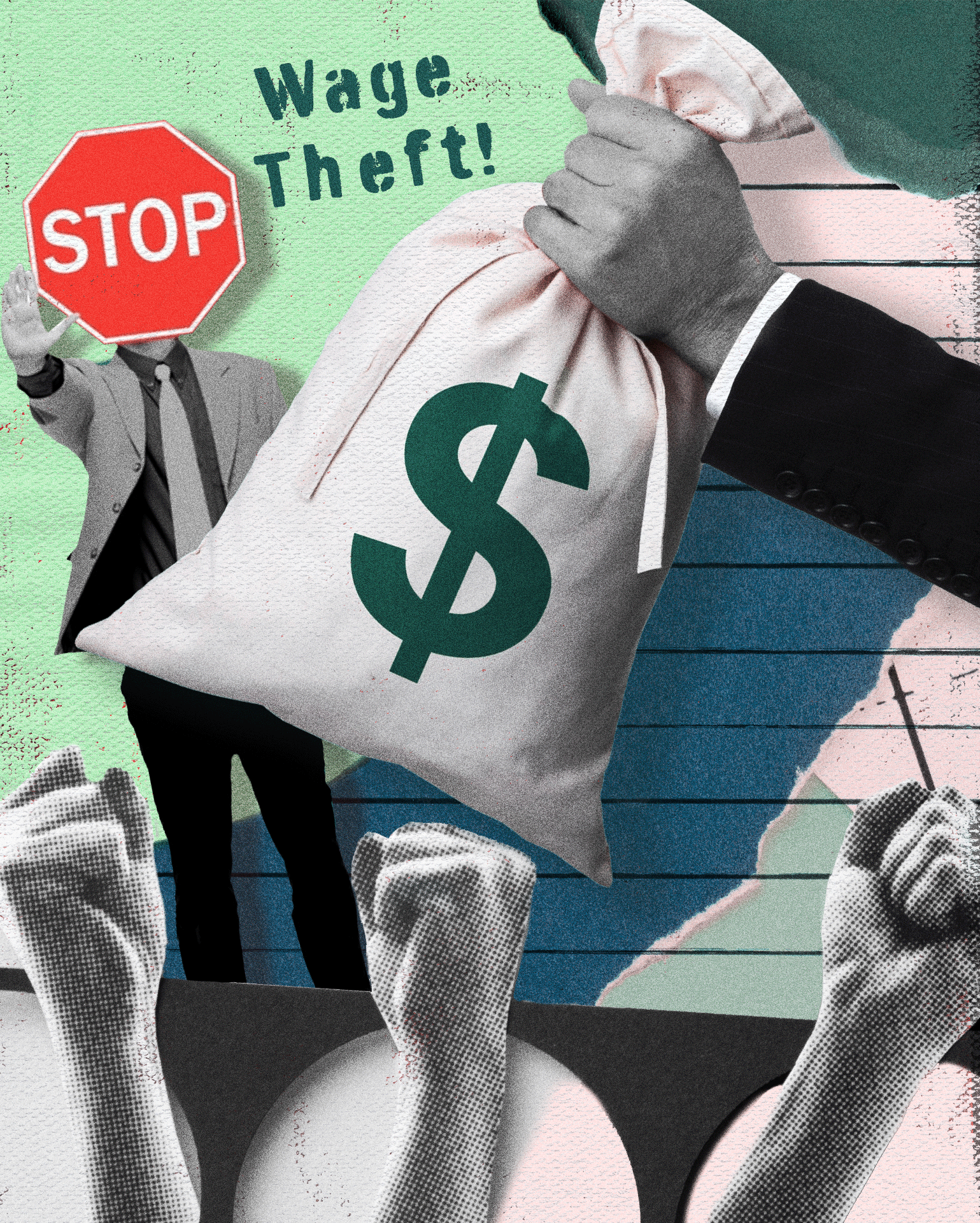Pay Dates


What Are Pay Dates?
California labor laws are some of the most protective employment laws in the nation when it comes to Wage & Hour Issues, and these laws establish specific requirements regarding the wages California employees are entitled to and when these wages must be paid by employers. Employers in California have a legal obligation to pay the wages their employees earn and to pay these wages on time, and any employer who violates the law by failing to pay employees or paying them late may expose themselves to penalties or legal claims for unpaid wages.
If you believe your wage and hour rights under California labor law have been violated, do not hesitate to enlist the help of an experienced California employment law attorney. Contact Davtyan Law Firm today for qualified legal help.
Required Pay Schedules in California
Most employees in California must be paid at least twice a month, with regular paydays established by the employer before wages are first paid, and employers are required to post a notice at the workplace specifying the regular paydays, as well as the time and place of payment.
As a general rule, if employees are paid twice a month (in other words semi-monthly) and the regularly scheduled work periods are the 1st through the 15th of the month and the 16th through the end of the month, wages earned between the 1st and 15th of the month must be paid between the 16th and the 26th day of the same month. Per this schedule, wages earned between the 16th and the last day of the month must be paid between the 1st and the 10th day of the following month.
For employees paid on an alternative schedule – on a weekly or biweekly basis, or twice a month with work periods other than the 1st through the 15th and the 16th through the end of the month – the law requires that employers pay wages no later than seven calendar days after the end of each work period unless the seventh day falls on a weekend or holiday, then the following day.
Pay Date Requirements for Final Wages
A common wage and hour concern for employees in California is being paid final wages when an employee is discharged, quits retires, or resigns. The general rule in California is that an employee who is fired must be paid all wages earned up to and including the date of termination on the same day that he or she is terminated. Employees who quit and give at least 72 hours’ notice before their last day must be paid final wages on their last day.
Employees who quit without giving notice must be paid final wages within 72 hours after their last day of work. When employers willfully fail to pay final wages in full and on time after the termination of employment, California law provides for what is called a “waiting time penalty,” equal to a full day’s wages for each day payment is delayed, up to a maximum of 30 days.
Filing an Unpaid Wages Claim in CA
For more information about pay date requirements in California and how to file an unpaid wages claim, contact our experienced CA employment law attorney at Davtyan Law Firm today.

Ready to get started?
Contact us now for a free consultation to find out how we can help you.






















